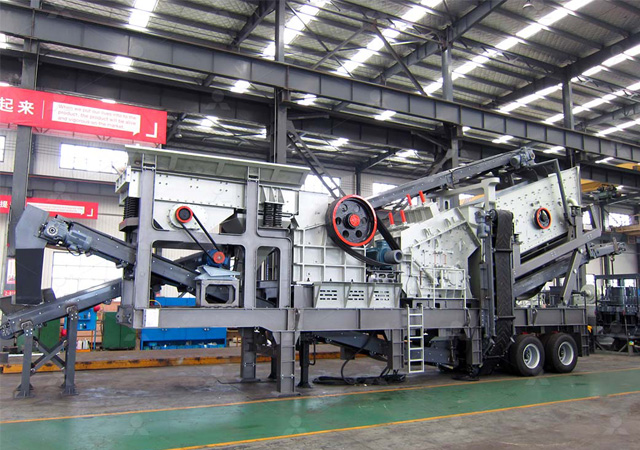Mobile jaw crushers are highly efficient and versatile machines designed for crushing various materials, including rocks, ores, and construction debris. A 100-ton-per-hour (TPH) capacity mobile jaw crusher is ideal for medium-scale projects requiring mobility and productivity. Below are the typical specifications of such a unit:
1. General Specifications
- Capacity: Approximately 100 TPH (varies based on material type and hardness)
- Feed Opening: ~600×900 mm (varies depending on model)
- Max Feed Size: ~500 mm
- Adjustable Output Size: 50–150 mm

2. Key Features
- Mobility: Equipped with crawlers or tires for easy relocation between job sites.
- Integrated Hopper & Feeder: Ensures consistent material supply to the crusher.
- Hydraulic Adjustment: Allows quick and precise setting changes for different product sizes.
- Robust Construction: Heavy-duty frame and durable jaw plates for crushing hard materials.
- Efficient Operation: Optimized crushing chamber and deep cavity design for higher output.
3. Typical Models (Example Configurations)
Model examples may include:
- KE600-1:
- Jaw Crusher: PE600×900
- Feed Size: ≤500 mm
- Output: 90–180 TPH
- Dimensions: ~12,150 × 2,800 × 3,960 mm
- KJ98-1:
- Jaw Crusher: HJ98
- Feed Size: ≤560 mm
- Output: 110–350 TPH (adjustable for 100 TPH operation)
4. Applications
- Primary crushing in quarrying and mining
- Recycling demolition waste
- Road construction and aggregate production
- Crushing river stone, granite, basalt, and other hard rocks
5. Maintenance & Support
- Easy-access design for quick servicing
- Wear-resistant jaw plates and components
- Optional additional screening or secondary crushing units
A 100 TPH mobile jaw crusher offers flexibility, efficiency, and reliability for contractors and mining operations. Its compact design and powerful performance make it a valuable asset for on-site crushing needs.
Note: Specific configurations may vary based on the manufacturer and application requirements. Always consult with suppliers for exact model specifications.
